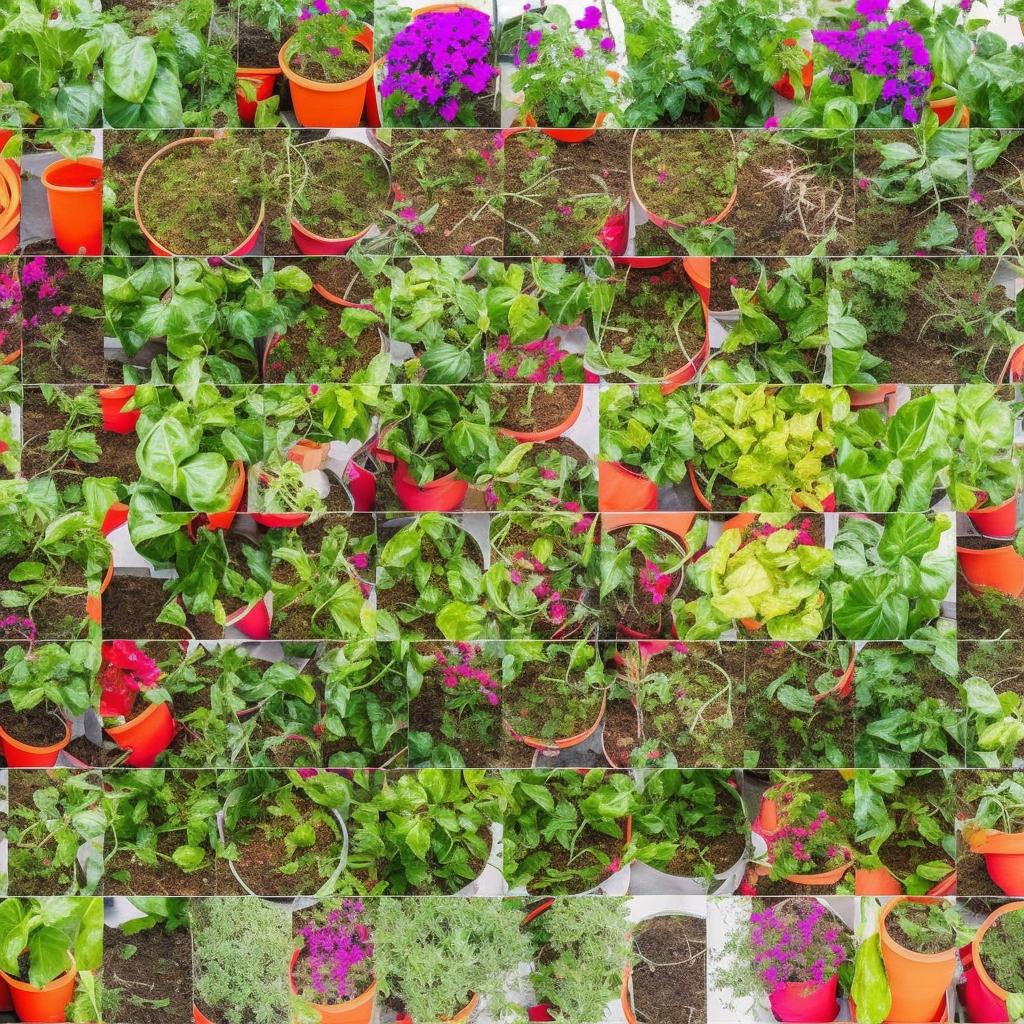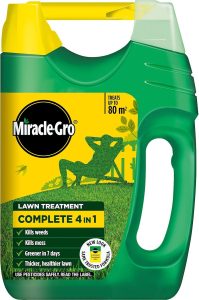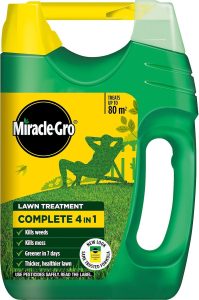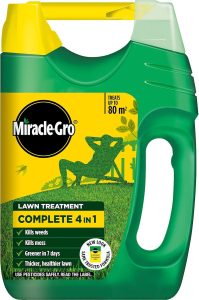In a world filled with artificial flavors and preservatives, there is something pure and satisfying about growing your own herbs. Whether you have a green thumb or are a novice gardener, starting your own herb garden can be a rewarding and enriching experience. By bringing a touch of greenery and freshness into your home, you can not only enhance your culinary creations but also elevate your well-being. In this guide, we will explore the essential steps and tips to help you embark on your journey to cultivating your very own herb garden. Let nature’s bounty inspire you as we delve into the world of herbal delights.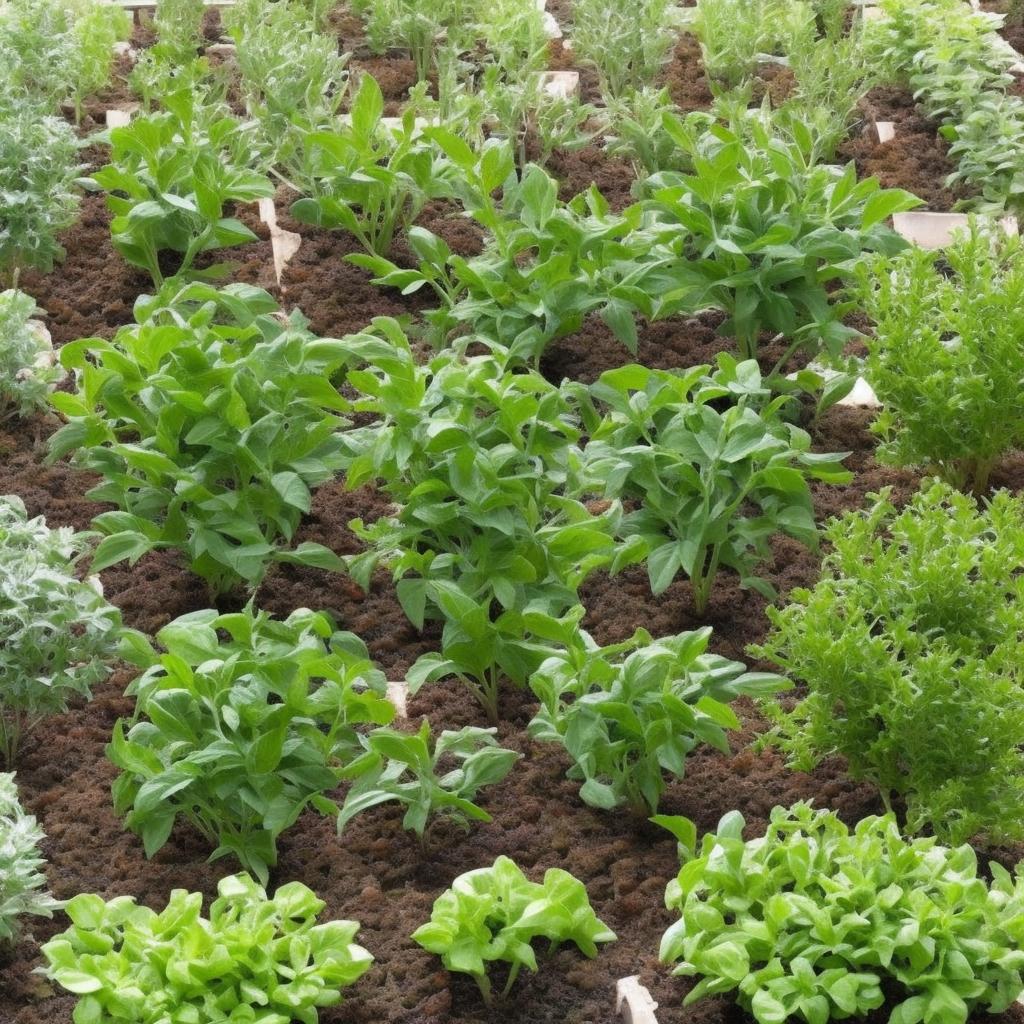
Selecting the Perfect Location for Your Herb Garden
When it comes to starting your own herb garden, selecting the perfect location is key to ensuring your plants thrive. Consider the following factors when choosing where to plant your herbs:
- Sunlight: Herbs typically require at least 6-8 hours of sunlight per day, so choose a spot that receives ample sun exposure.
- Soil Drainage: Herbs prefer well-draining soil to prevent root rot, so avoid areas with standing water.
- Proximity to Water Source: Make sure your herb garden is located near a water source for easy watering.
| Herb Type | Preferred Sunlight |
|---|---|
| Basil | Full sun |
| Mint | Partial shade |
| Rosemary | Full sun |
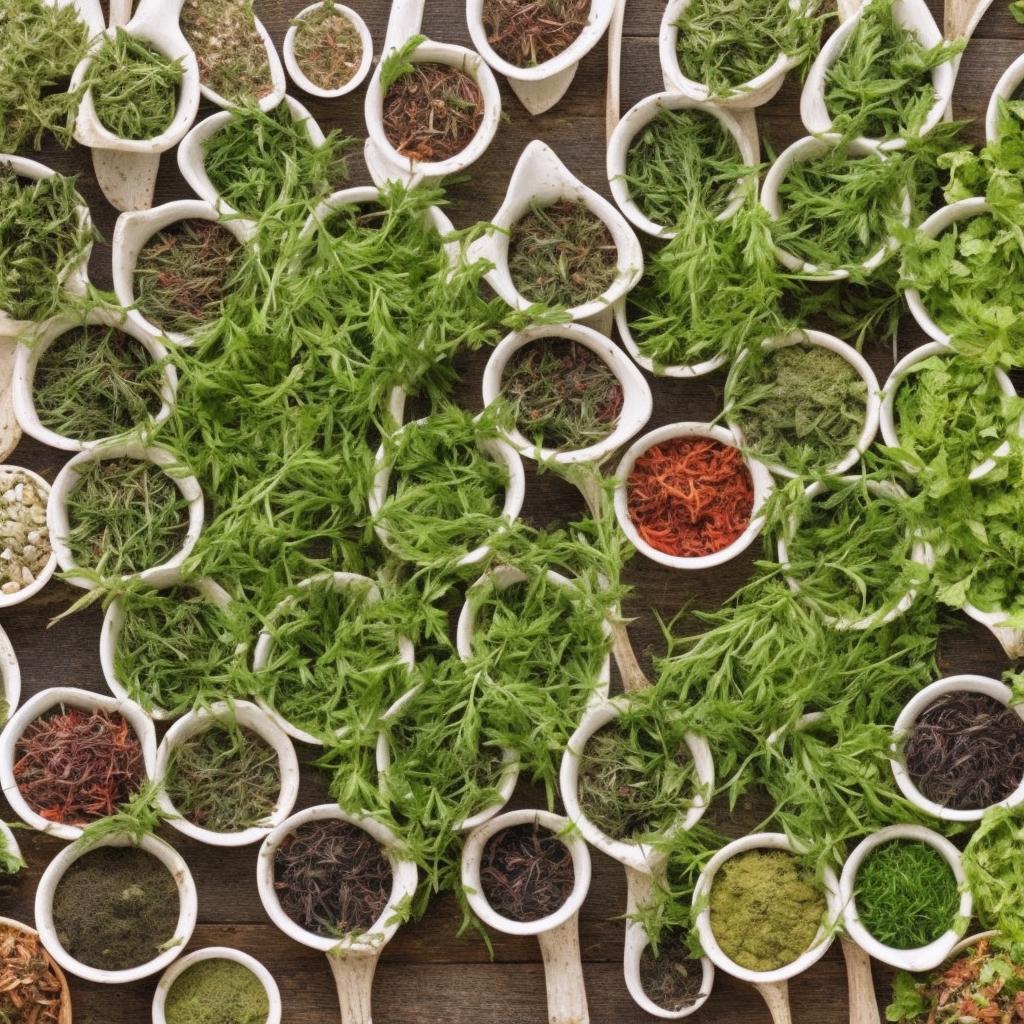
Choosing the Right Herbs for Your Garden
When it comes to starting your own herb garden, selecting the right herbs is crucial for ensuring a successful and thriving garden. Consider the following factors when choosing which herbs to plant:
- Growing Conditions: Take into account the sunlight, soil type, and water requirements of the herbs you are interested in planting.
- Usage: Think about how you plan to use the herbs – whether for cooking, medicinal purposes, or simply for their aromatic qualities.
- Space: Consider the available space in your garden to determine how many herbs you can realistically accommodate.
- Climate: Make sure to choose herbs that are suitable for the climate in your region to ensure they will thrive.
Some popular herbs to consider for your garden include basil, mint, rosemary, thyme, and parsley. These herbs are versatile, easy to grow, and can be used in a variety of dishes. If you are limited on space, consider planting herbs in containers or hanging baskets to maximize your growing area. Remember to research each herb’s specific needs and care instructions to help them flourish in your garden.
Essential Tools and Supplies for Herb Gardening
When starting your own herb garden, there are a few essential tools and supplies that will make the process much easier. Here are some items you’ll need to get started:
- Quality soil: Ensure you have nutrient-rich soil for your herbs to thrive.
- Pots or containers: Choose containers that have good drainage to prevent waterlogged roots.
- Herb seeds or starter plants: Decide whether you want to start from seeds or purchase starter plants from a nursery.
- Gardening gloves: Protect your hands from dirt and potential thorns while tending to your herb garden.
Additionally, having a set of gardening tools like a trowel, pruners, and a watering can will make planting and maintaining your herb garden a breeze. Don’t forget to label your herbs so you can easily identify them as they grow!
Tips for Successful Herb Garden Maintenance
Once you have successfully started your herb garden, it is important to maintain it properly to ensure that your herbs thrive and continue to provide you with fresh and flavorful ingredients. Here are some tips to help you keep your herb garden healthy and productive:
- Regular watering: Herbs generally prefer well-drained soil that is consistently moist. Be sure to water your herbs regularly, especially during hot summer months.
- Pruning: Regularly prune your herbs to encourage new growth and prevent them from becoming leggy. This will also help to promote better air circulation and prevent disease.
- Weeding: Keep an eye out for weeds in your herb garden and remove them promptly to prevent them from competing with your herbs for nutrients and water.
| Herb | Best Growing Conditions |
|---|---|
| Basil | Sunny location, well-drained soil |
| Rosemary | Full sun, slightly dry soil |
| Mint | Partial shade, consistently moist soil |
Future Outlook
In conclusion, starting your own herb garden can be a rewarding and fulfilling experience. Whether you are a seasoned gardener or a novice just getting started, the benefits of growing your own herbs are numerous. From the therapeutic act of nurturing plants to the joy of harvesting fresh herbs for your culinary creations, there is something truly magical about tending to a garden of your own. So, roll up your sleeves, get your hands dirty, and watch your herb garden flourish into a beautiful oasis of flavor and fragrance. Happy gardening!

